As part of a production-linked incentive program initiated in 2020, 27 steelmakers, including JSW Steel Ltd, Tata Steel Ltd, and ArcelorMittal Nippon Steel Ltd, committed to invest 210 billion rupees (USD 2.52 billion) during the 2023/24 fiscal year. However, these companies only managed to invest 150 billion rupees (USD 1.8 billion), hindering capacity expansion in the world's second-largest crude steel producer despite robust domestic demand.
Challenges in importing machinery from China and securing visa approvals for Chinese experts have persisted for over six months, according to government sources.
Bilateral relations between China and India have been tense, particularly since a border clash in 2020 that resulted in casualties on both sides. Incidents between Indian and Chinese troops along the Himalayan frontier were reported at least twice in 2022
Despite these challenges, a surge in economic activity and infrastructure development has spurred steelmakers to increase investments and enhance capacity to capitalize on growing demand in India. Meanwhile, steel consumption is declining in Europe and the United States. Indian Prime Minister Narendra Modi's government aims to boost the production of high-end specialty steel and value-added steel products, such as coated and alloy steel, and electrical steel, which are crucial in defense, space, power, automotive, and capital goods sectors, among others.


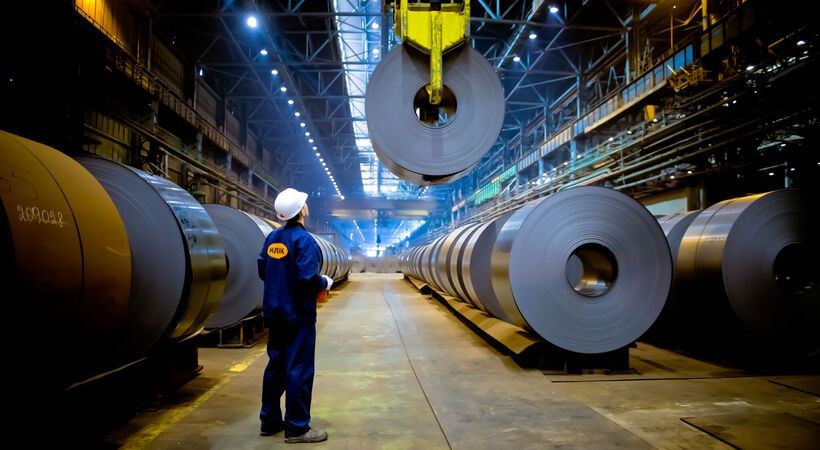
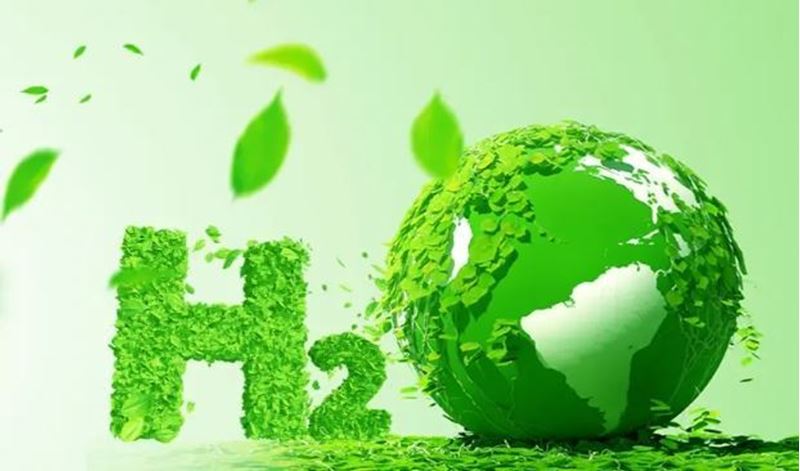
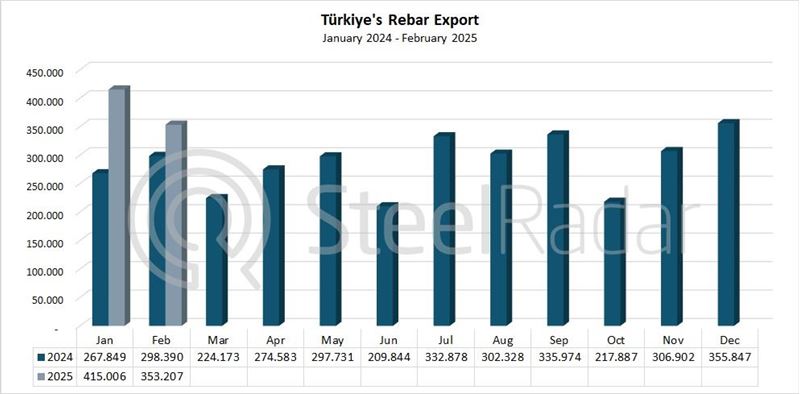
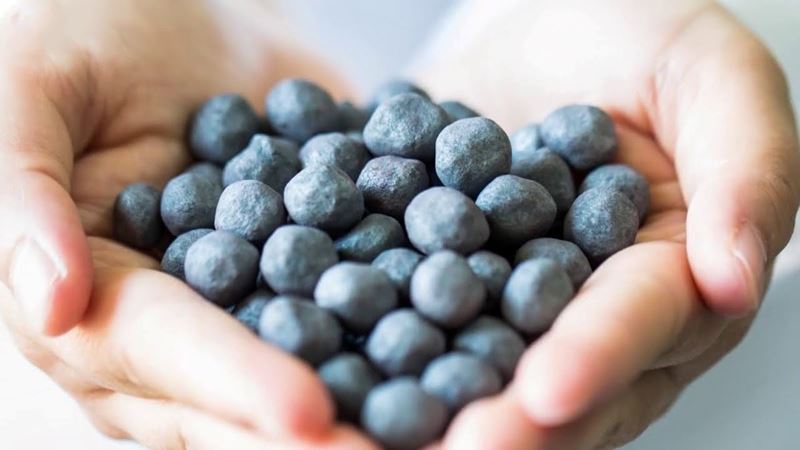

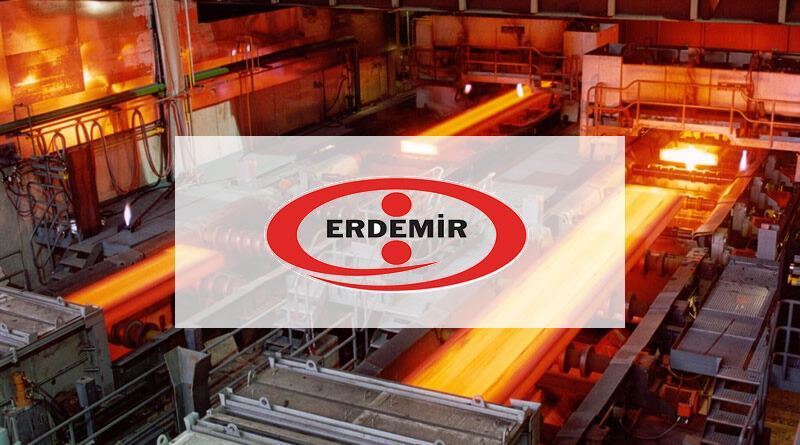

Comments
No comment yet.